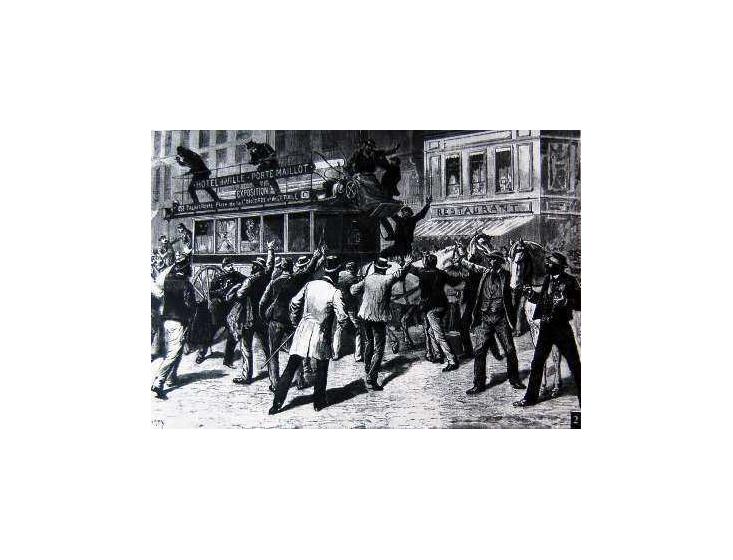From France to Switzerland, there is an entirely different approach to the employer/employee conflict. While in France the trend is to "go on strike first, negotiate later", to quote Catherine Aebischer, in Switzerland we have a long tradition of social peace going back to the 1930's and the Great Depression.
In that tormented era - fascists and communists are fighting in the street for a reorganisation of society - the Swiss people felt threatened in their neutrality and it is in this context that the work peace agreement is signed, in July 1937, between the metallurgy unions and the general body of employers.
This is what we call a CWC, a collective work convention. And even though that of 1937 was significant, it was not the first in Switzerland. Indeed, in the 19th century, Geneva's carpenters and Saint-Gall's typographists also have one; at the beginning of the following century, brewers have theirs. In May 1937, it is the turn of clockmakers.
Work peace is a conciliatory process during which employees don't go on strike and employers don't fire anyone. Should this process fail, the strike may begin, but not before.
Besides, before the year 2000, the strike had no legal basis. Things have changed since, but the Constitution limits the right to go on strike for people ensuring an essential service to the state.
NM
Reference: Catherine Aebischer, "La Paix du travail face à de nouveaux défis", Frontalier magazine, p. 11, February 2010.
Image: 1891 - Transports strike, an omnibus is under attack
(Translated from French by NM)
Original article in French
Work Peace
Job market -
6 April 2010



